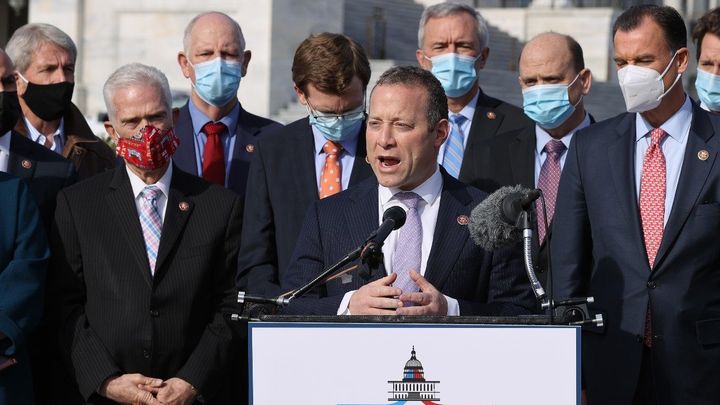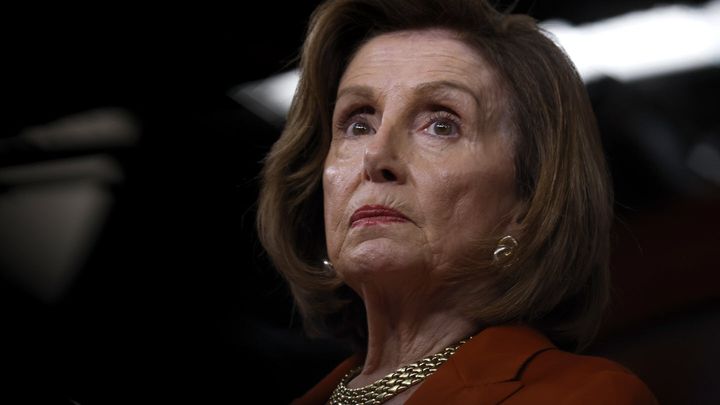This weekend, a group of moderate House Democrats circulated a letter to Speaker Nancy Pelosi expressing concerns about the budget resolution including instructions for Congress to pass a new spending and taxation package under expedited reconciliation rules.
According to CNN’s Manu Raju, the six Democrats attached to the letter are Reps. Ed Case, Jared Golden, Vicente Gonzalez, Josh Gottheimer, Kurt Schrader, and Filemon Vela. Citing worries over the national debt, the letter calls for a “detailed review of spending levels and revenue raisers” in the $3.5 trillion budget resolution after praising the smaller bipartisan infrastructure framework of $550 billion in new spending over five years.
The budget resolution calls for a reconciliation package spending billions on universal pre-K, tuition-free community college, immigration reform, paid family leave, investments in clean energy technology and environmental justice programs, allowing wealthy taxpayers who itemize to pay fewer federal taxes by deducting state and local taxes, and much more. It would be financed through a mix of tax increases, health care savings, and anticipated long-term economic growth.
Democratic leaders have pledged to pass the reconciliation package and infrastructure bill in tandem. The sequence of the votes has yet to be scheduled, but Congressional Progressive Caucus leader Rep. Pramila Jayapal (D-Was.) said on July 28 that progressives may not vote for the infrastructure bill unless the reconciliation package is passed first. The moderate House Democrats appear to be asking for the budget resolution to have a more drawn-out debate after the infrastructure package has passed, though their letter does not say explicitly they will withhold their votes to force that order of operations. [Update, Friday Aug. 13: in a new version of the letter released this morning, the group of nine moderate House Democrats did make explicit their demand: “We will not consider voting for a budget resolution until the bipartisan Infrastructure Investment and Jobs Act passes the House and is signed into law.” More coverage of the nine letter signers can be found here.] The Democrats have a slim House majority and can only afford to lose a total of three votes on the budget bill, assuming all Republicans oppose it.



